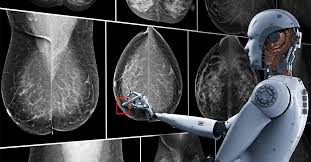New Cancer Breakthrough: A Single Immunotherapy Doubles Survival Time (5 minutes reading)
A new treatment using immunotherapy has helped patients with head and neck cancer live twice as long without the disease coming back, according to a major international study.
The drug, pembrolizumab, was tested in a large clinical trial across 24 countries. Patients who received it before and after surgery stayed cancer-free for an average of five years, compared to just 2.5 years with standard treatment alone.
This is a big deal because treatments for this type of cancer haven’t changed in over 20 years, and survival rates have been low. The drug works by helping the immune system recognize and attack cancer cells more effectively.
The treatment was especially helpful for patients with high levels of a certain immune marker (PD-L1), but it also worked well for others. Doctors believe giving the drug before surgery helps “train” the immune system to keep fighting the cancer afterward.
One patient, Laura Marston, called the treatment “the gift of life” after surviving stage 4 tongue cancer thanks to the trial.
Experts hope this breakthrough will soon be approved for wider use, potentially changing the future for thousands of patients.
Source: LINK


